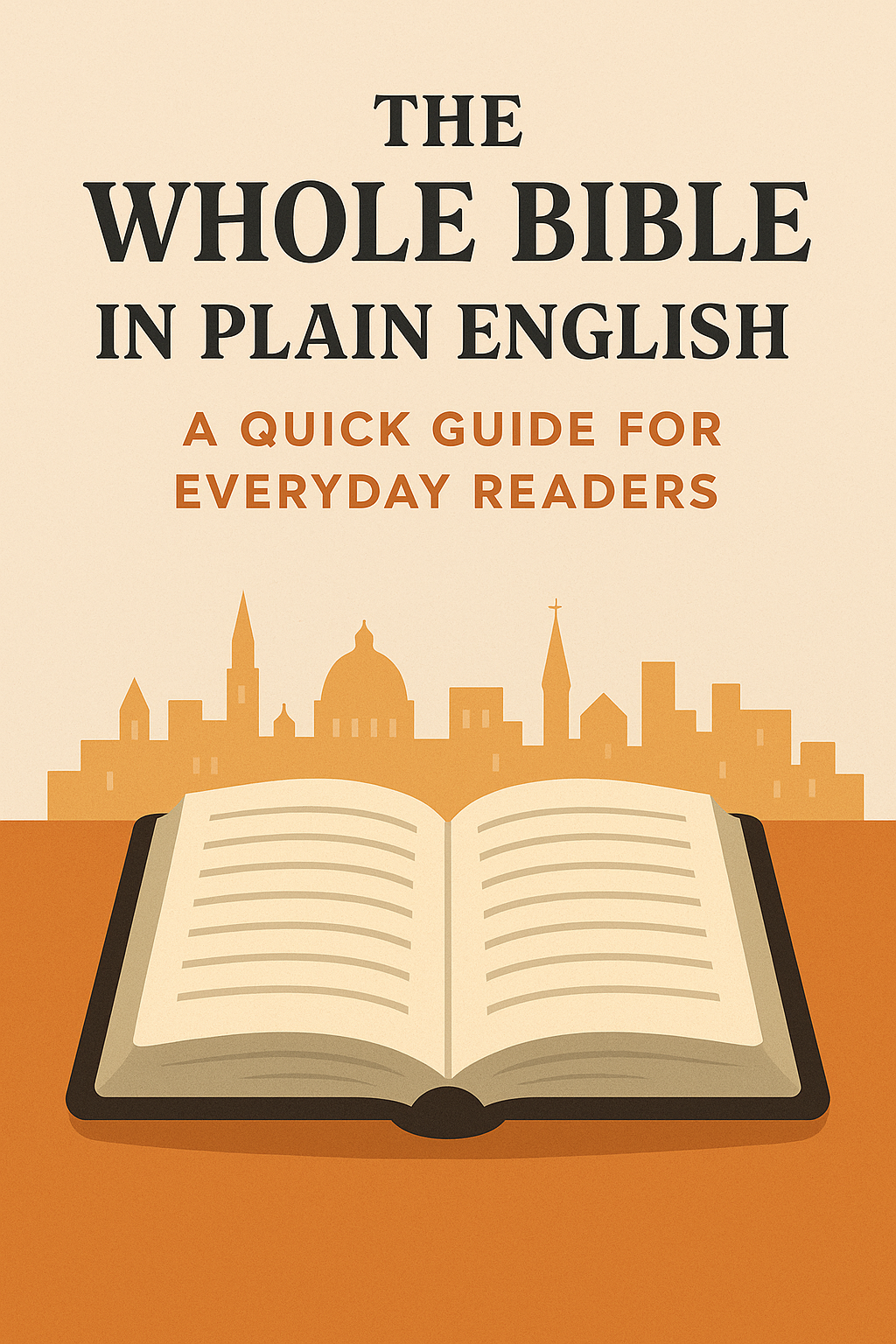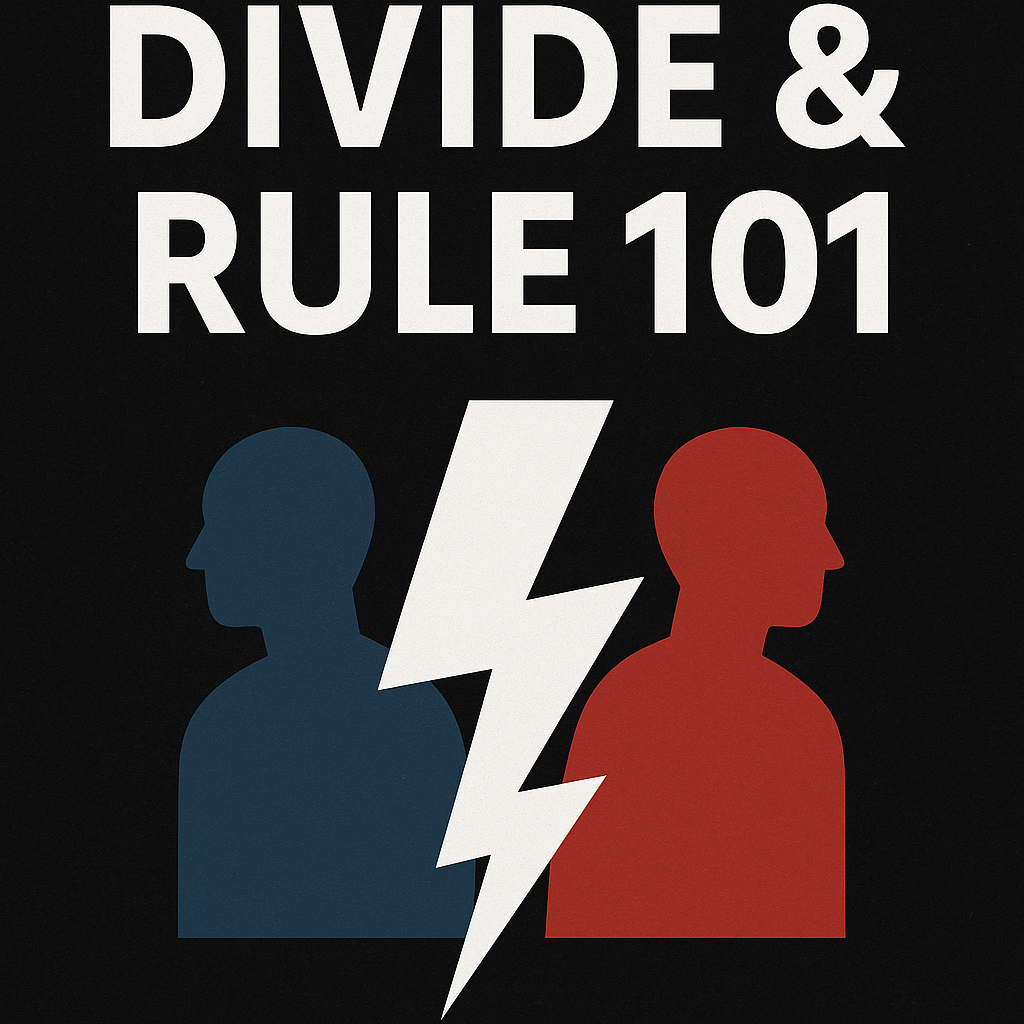I. Introduction: A Promise Unfulfilled
The modern world made a sacred vow.
It promised that with enough science, structure, and progress, we could conquer pain, perfect society, and usher in an age of comfort and clarity. Misery would be minimized. Human nature refined. Conflict rationalized. Civilization would evolve not only outwardly, but inwardly. With every innovation, we would inch closer to utopia.
But the reality is starkly different.
For all our advancements—our skyscrapers, digital networks, bioengineering, AI—human beings remain just as conflicted, anxious, lonely, and broken as ever. Perhaps more so. We eliminated certain forms of suffering, but in their place emerged something far more insidious: an emptiness that no invention can fix.
We gained everything—except meaning.
II. The Progress That Forgets the Soul
Our systems grew smarter. Our cities expanded. Our problems became more “solvable.” But the human soul, once central to philosophy, religion, and art, was gradually relegated to the sidelines. “Mental health” became a technical issue. Morality was reduced to behavioral data. Tragedy was rebranded as inefficiency.
The inner life was replaced with measurable outcomes.
Progress became quantitative. Humanity became a project. And the sacred became clinical.
What was lost in this transition wasn’t just “feeling.” It was freedom, depth, and the acknowledgment of human mystery. In our race to control and optimize everything, we forgot the paradox at the heart of the human condition: that man is not a machine to be adjusted, but a soul to be confronted.
III. Dostoyevsky’s Underground Man: The First Rebel
Long before screens glowed in our palms and behavior was graphed into trends, Dostoyevsky warned of this spiritual amputation. In Notes from Underground, he introduced a figure that would become one of the most prophetic archetypes in modern literature: The Underground Man.
This character is not a villain, nor a victim. He is a witness.
He sees through the mirage of modern optimism, the cold efficiency of moral calculators, and the naïve belief that human nature could be cured with planning.
He doesn’t want to be optimized. He doesn’t want a painless, frictionless life.
He wants truth—even if it hurts.
His rebellion is not against science or reason, but against the idea that these alone can define what it means to be human.
He refuses to surrender his inner chaos in exchange for false peace.
IV. The Crystal Palace: Perfection as Prison
In Notes from Underground, Dostoyevsky critiques the real-world symbol of 19th-century utopianism—the Crystal Palace. Built to exhibit industrial triumph, it embodied the Enlightenment dream: transparency, order, and infinite progress.
To Dostoyevsky, this structure wasn’t a beacon. It was a warning.
In the palace:
- Everything is efficient, but nothing is real.
- Everything is visible, but nothing is understood.
- Everything is rational, but nothing is sacred.
The Crystal Palace represents a terrifying possibility: a world so perfect, so managed, that freedom itself becomes irrelevant.
Why choose, when everything has already been decided?
Why feel pain, when it’s been sterilized?
Why confront death, loss, guilt, contradiction—when the systems take care of all that?
Because without those things, we lose ourselves. We become beautiful, functioning ghosts.
V. The Rebellion of Suffering
For Dostoyevsky, the desire for comfort is not evil. But it becomes evil when it overwrites the deeper needs of the human soul.
The Underground Man asserts:
“Even if man were given a life of pure bliss, he might still choose chaos—just to prove he can.”
This is not nihilism. This is freedom in its rawest, most terrifying form.
It is the freedom to choose wrong. The freedom to suffer. The freedom to weep, doubt, hate, regret, scream, and still matter.
This is where modern progress, as a moral ideology, begins to fail. It seeks to erase suffering not just out of compassion, but out of control. It cannot tolerate what cannot be fixed. But in doing so, it invalidates what makes us human.
Dostoyevsky insists:
To suffer is not always a malfunction. It may be a sign of inner resistance, an act of loyalty to something deeper than comfort.
VI. The New Emptiness: Not from Lack, but from Excess
Today, we live in a world overflowing with stimulation, connection, and choice—and yet starving for depth.
- We are surrounded by “content,” but hollow in meaning.
- We have replaced reflection with reaction.
- We label discomfort as failure and sadness as malfunction.
In this culture of optimization, to think deeply is inefficient, to feel deeply is dysfunctional, to suffer openly is embarrassing. But what if it’s these very things that form the crucible of transformation?
What if suffering is not the end of the path, but the beginning of an awakening?
VII. The Tyranny of Appearing “Okay”
Modern life tells us: smile, adapt, perform. Be “okay.”
If you’re not okay, fix yourself. If you can’t fix yourself, hide it.
This superficial positivity becomes a new kind of oppression—a happiness cult. One that criminalizes conflict, medicates reflection, and silences anything too raw to be marketable.
The result?
- Emotionally fragile individuals.
- Intimacy reduced to performance.
- A society that treats anguish like a bug instead of a cry for meaning.
Dostoyevsky’s Underground Man would rather suffer honestly than live as a polished lie.
VIII. The Modern Crystal Palace: Screens, Algorithms, and Predictable Lives
Today’s Crystal Palace doesn’t need glass walls—it has interfaces.
We are shaped by data-driven platforms that predict what we want before we know it. We are encouraged to be efficient, agreeable, measurable. Behind every smile is a filter. Behind every success, a manicured story.
But where is the soul?
Where is the room for mystery, contradiction, guilt, faith, rebellion?
Where is the silence that lets us confront our own depths?
Modernity has optimized our lives—but often at the cost of reducing them.
IX. The Final Rebellion: Feel Too Much. Think Too Deeply. Refuse to Be Simple.
Dostoyevsky was not calling for anti-technology hysteria or a romanticization of pain.
His warning was subtler—and far more dangerous to those in power:
A civilization that excludes suffering, excludes freedom.
A society that punishes reflection, punishes truth.
A world without anguish, is a world without the soul.
To live as a fully human being means to live in conflict:
- Between desire and discipline.
- Between logic and emotion.
- Between the world as it is, and as it should be.
Those who do not fit, who hurt, who question—are not broken. They are still awake.
And those who choose to feel in a culture that rewards numbness are not weak. They are the last defenders of the sacred.
X. Conclusion: A New Kind of Progress—One With a Soul
We have built astonishing machines.
But have we built better humans?
We have decoded genomes.
But have we decoded loneliness?
We have optimized work.
But have we found why we work?
The only true progress, Dostoyevsky suggests, is the kind that dares to look inward.
To face discomfort not as failure, but as signal.
To accept contradiction not as defect, but as condition.
The final question isn’t “How do we eliminate pain?”
It’s “What is our pain trying to tell us?”
The Underground Man doesn’t offer answers. He forces us to ask better questions.
And in those questions, we may finally find the freedom modernity promised—but forgot how to deliver.






